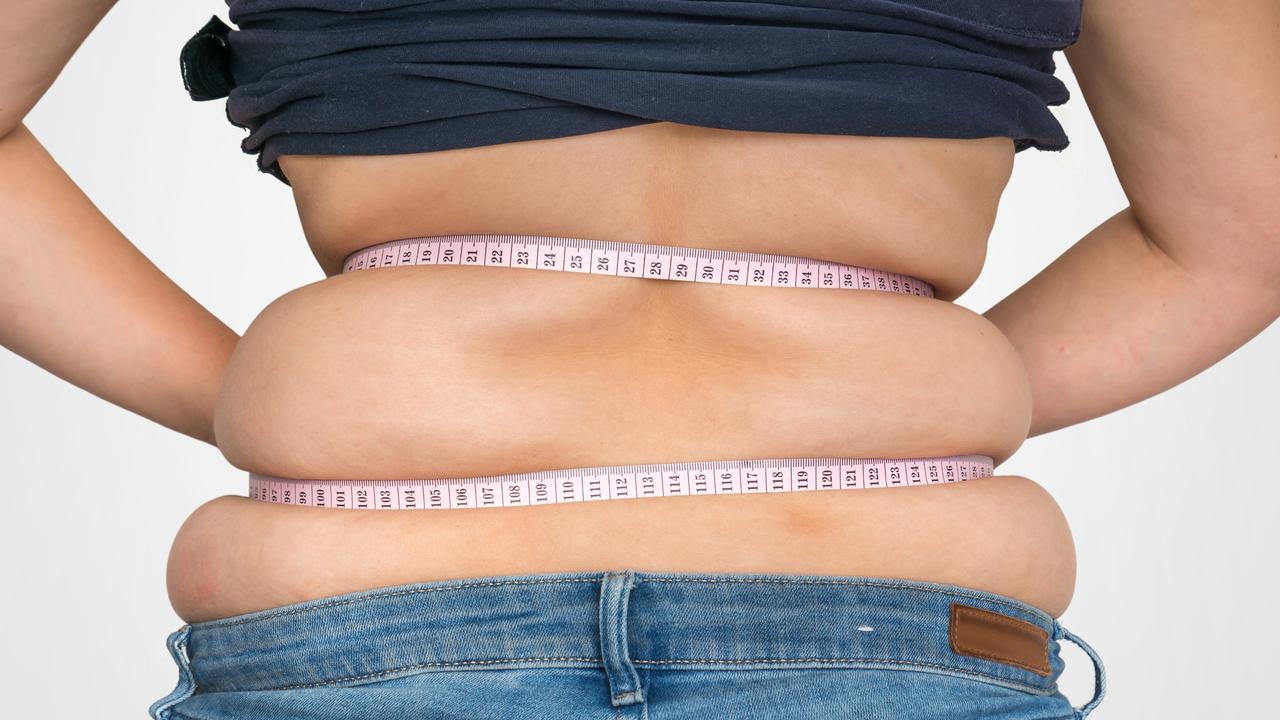Obesity rates getting worse in Australia due to ‘a lack of policy implementation’, report finds
Covid lockdowns and “a lack of government leadership” are being blamed for adding to the skyrocketing rates of obesity.
Australia is “going backwards” in its fight against obesity with “almost no progress” being made on any healthy eating initiative in the past five years.
A scathing report into the former federal government has slammed it for a distinct lack of action, as other countries around the world powered on introducing key policies.
“There has been almost no progress since we did the first report in 2017,” Associate Professor Gary Sacks, lead researcher from the Global Obesity Centre at Deakin University, said.
“The lack of policy implementation compared to other countries means Australia is going backwards and it all comes down to a lack of government leadership.”

Unhealthy diets and obesity are the leading contributors to poor health and chronic disease.
Dr Sacks said in 2017, two in three Australian adults and one in four children were overweight or obese but he expects that figure to have “skyrocketed” since.
“I expect rates are much worse than ever before, based on data from NZ and the UK which show obesity rates skyrocketed during Covid.
“But we actually don’t know what the obesity rate is right now because the government hasn’t implemented one of our key recommendations to collect this data more than once a decade.
“We are sleepwalking into a public health crisis.”
He added: “Other countries have taken quite strong steps. They’ve seen the evidence for action and they’re taking action and yet the Australian government has not prioritised obesity prevention and we are now significantly lagging behind.”
It is estimated the costs associated with being overweight or obese is more than $56 billion each year.
“It has a massive financial implication to the health system and to the economy.
“We’ve got a whole mountain of evidence to show that something like a sugary drinks tax, not only does it raise money for the government, but it saves billions of dollars in health care costs.

“So the only people who suffer from such a tax is the food industry. And so I guess it’s their lobbying that’s holding sway of government. The food industry is a very powerful lobby force and they oppose things like that and marketing restrictions on junk food very heavily.
“The government has chosen to listen to the food industry rather than the evidence from public health. It’s so disappointing … we’re really dragging our heels.”
Dr Sacks said the biggest three priorities were restricting the marketing of junk food to children, a tax on sugary drinks and improvements to food labelling.
He highlighted the UK recently banning junk food advertising on TV before 9pm and Canada putting warning labels on foods high in sugar, sodium or saturated fat as “really strong action.”
“I guess both of those examples are showing it’s clearly possible for Australia to take these steps. UK is doing it. Canada’s doing it, these aren’t obscure countries. It’s eminently possible. You just need strong government leadership.”




